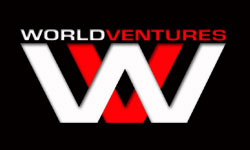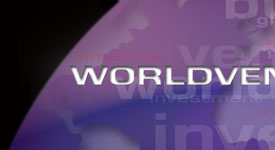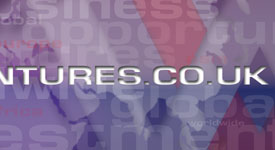
MASTER PUNISHES MURRAY
McEnroe steals the show as young
hope struggles in Superset circus
Eleanor Preston at Wembley.
Monday October 4, 2004.
The Guardian.
Andrew Murray may have been hyped as the future
of British tennis but the 17-year-old was given a galling lesson
by the sport's past yesterday when he dared take on John McEnroe
in the Superset exhibition event at Wembley Arena and came away
with a solitary game.
McEnroe did not win the competition or even get
past the semi-finals, and he was reduced to the role of TV commentator
as Croatia's Mario Ancic took the total £250,000 prize-money
pot with an 11-9 win over Greg Rusedski despite the latter's bizarre
choice of on-court coach, the hypnotist Paul McKenna. Yet McEnroe
somehow still managed to be the star of the show.
Against Murray the quick surface favoured the
wily 45-year-old but the real difference was in McEnroe's love
of noise, lights and clamour, all elements which the organisers
of Superset are anxious to bring back into tennis.
He danced on to court like a rather ancient prize-fighter
creaking into action. The entrance was pure McEnroe - all chutzpah
and edgy intimidation, designed to milk the crowd for every drop
of nostalgic adoration and remind Murray that one US Open junior
title does not a career make.
"I feel like I smothered him before he got
a chance to get into it," McEnroe said. "He looks like
he's got the potential to be a good player but he needs to get
used to situations like this."
It has been part of McEnroe's crowd-pleasing
shtick on the senior tour for years and, of all the players taking
part yesterday, Superset's shamelessly populist approach seemed
to suit McEnroe best.
Murray did his best to get into the spirit of
things. He grinned as he walked on court flanked by two barely
dressed blonde women and had the audacity to question a line-call
on a McEnroe serve in the very first point. When the big-screen
replay showed it had been an ace, McEnroe looked at Murray like
a father admonishing a cheeky child.
Murray could have done with a little more cheek
and a little less respect, for he was overwhelmed as much by his
opponent's power as by the old-fashioned serve-and-volley tennis
McEnroe played. "I learned a lot and I got to play one of
the greatest players of all time," said Murray. "He
may not be as good as he used to be but he's still pretty good."
If his match against McEnroe was a trial of Murray's
nerves, it was also a trial for the format and that at least passed
with a certain amount of merit. Granted, it was a little crushed
by the weight of its ambition and various technical hitches -
the promised heart monitors, due to be worn by the players to
illustrate the stress they were under, did not work - but the
9,000 inside the Arena lapped up even Superset's cheesier excesses.
That was hardly surprising given that music, noise and lights
have all long been fixtures in tennis venues in less conservative
countries than this and Davis Cup has always thrived on the noisy
participation of those watching.
Boris Becker, in good spirits despite losing
his set to Rusedski in the heats, said: "I really hope this
catches on. I think it's intriguing to see the old guys and the
young guys playing together."

It was all a valuable learning experience for
Murray and he had the good sense to view it as that and that alone.
After a three-week whirl wind in which he has won the junior US
Open title and been with the Davis Cup squad Murray returns to
what Tim Henman called "the bread and butter of his career",
a Futures event at the Scotstoun Leisure Centre in Glasgow.
There will be no lights, no music and no fat
appearance fee but success there will be worth far more to his
ranking and will give a better indication of his long-term prospects
than showbusiness extravaganza.
"It won't be quite as glamorous but I need
to get my ranking up and that's where it starts," said Murray,
content for now to leave the showboating to his elders.





